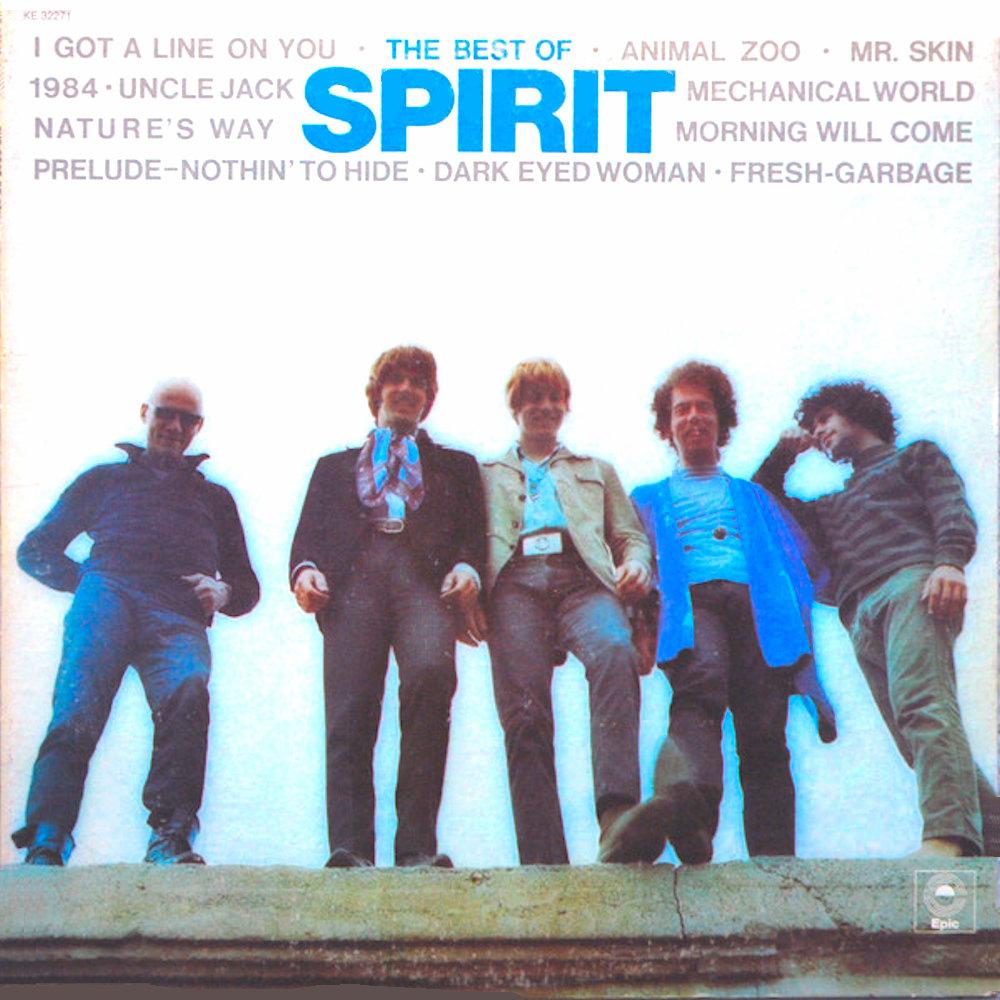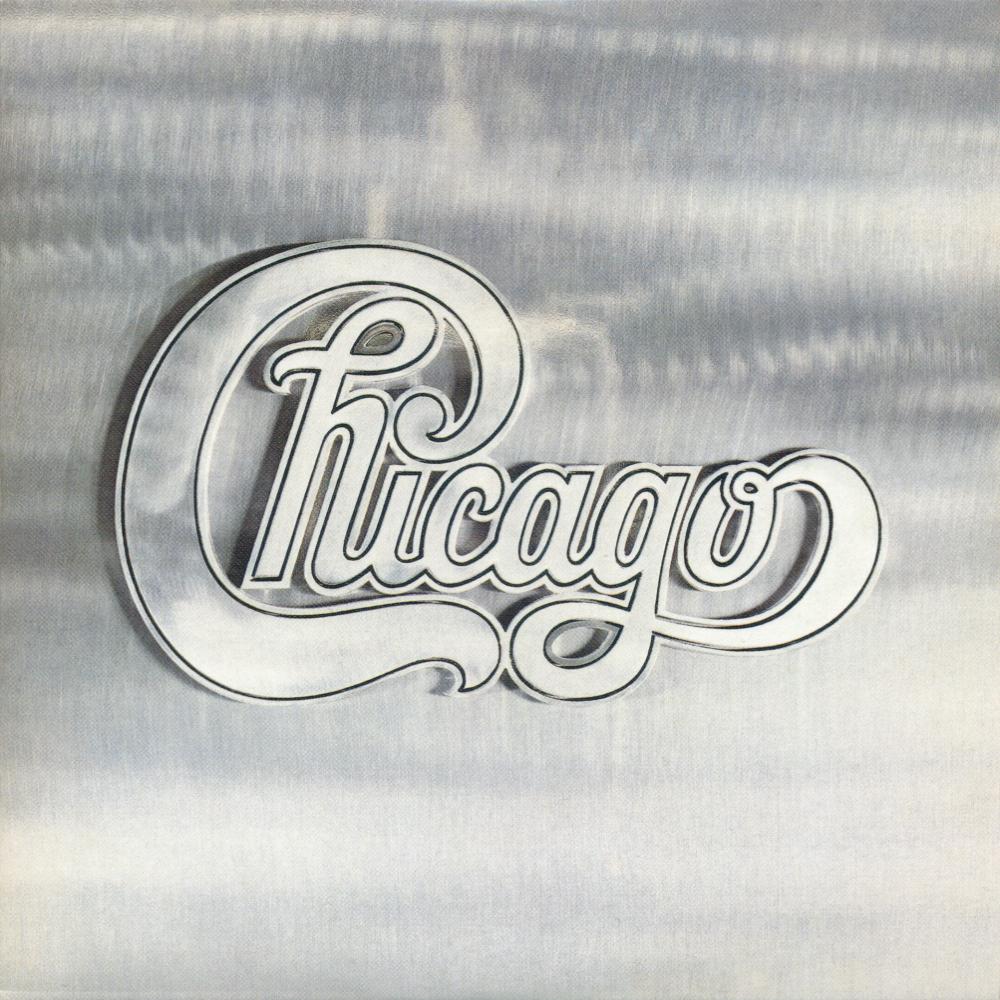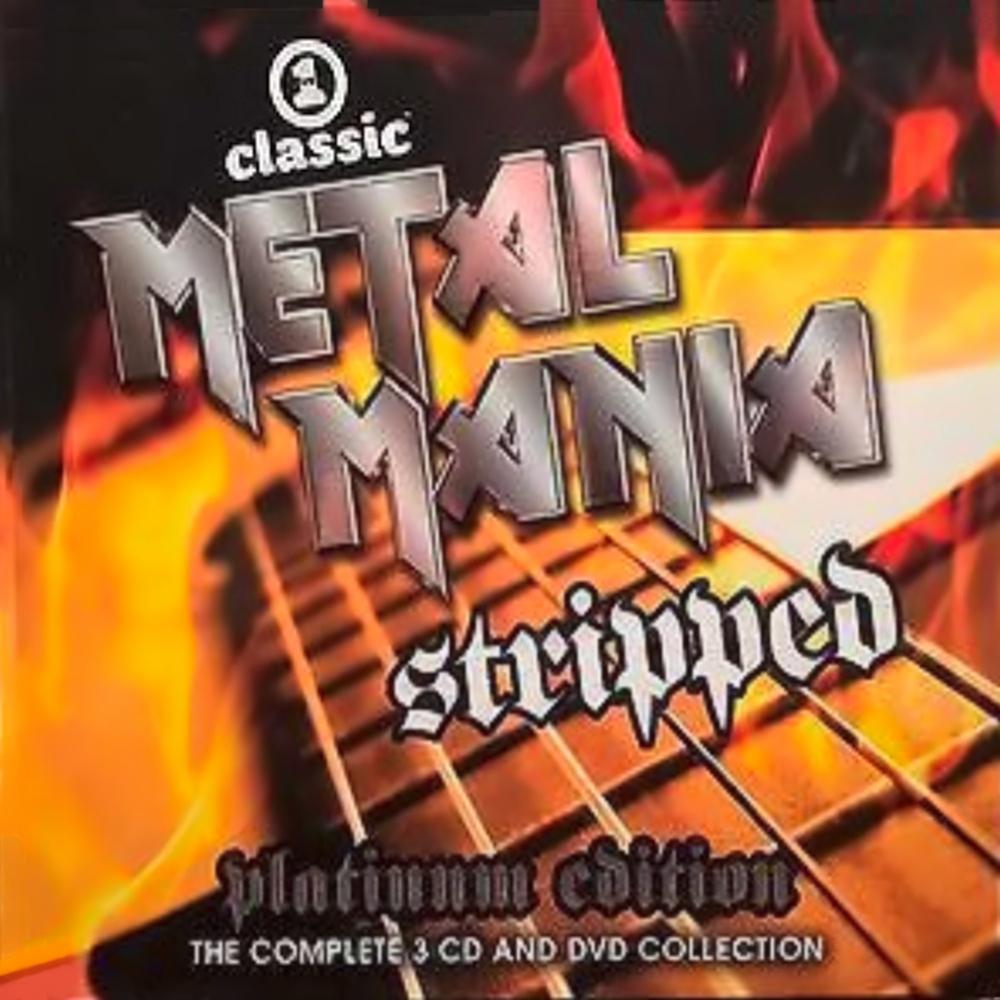
Album Information:
Album ID: 9714
About Spirit:
Spirit was an American rock band that formed in 1967 in Los Angeles, California. The band's music is known for its blend of psychedelic rock, jazz, and blues influences that created a uniquely diverse sound. The band consisted of vocalist/guitarist Randy California, drummer Ed Cassidy, keyboardist John Locke, bassist Mark Andes, and drummer Jay Ferguson.
Randy California, whose real name was Randy Wolfe, began his musical career as a child prodigy, touring with Jimi Hendrix as a teenager. After Hendrix's tragic death in 1970, California decided to form his own band, which became Spirit. Along with the talents of Ed Cassidy, who was a seasoned jazz drummer, Spirit became known for their intricate and experimental rhythms.
The band's self-titled debut album was released in 1968 and was a critical success. It featured the hit single 'Mechanical World,' a song that showcased the band's signature sound. Over the next few years, Spirit released several more albums, including The Family That Plays Together (1968), Clear Spirit (1969) and Twelve Dreams of Dr. Sardonicus (1970), which many fans and critics consider to be their best work.
Spirit's music was highly influential, inspiring many musicians in the psychedelic and progressive rock genres. Their unique sound and experimental instrumentation helped pave the way for bands like Pink Floyd, Yes, and Rush. Despite their musical achievements and influence, Spirit never achieved significant commercial success, a fact that frustrated the band members.
Spirit continued to record and tour throughout the 1970s and beyond, releasing albums like Feedback (1972), Son of Spirit (1975), and Farther Along (1976). The band experienced several lineup changes over the years, with Randy California being the only constant member until his untimely death in 1997. Ed Cassidy continued to perform with Spirit until his death in 2012.
In conclusion, Spirit was a highly innovative and influential band that helped shape the sound of rock music in the late 1960s and early 1970s. Their blend of psychedelic, jazz, and blues influences, combined with their experimental instrumentation and Randy California's guitar work, created a unique and fascinating soundscape that continues to inspire musicians today. Despite their lack of commercial success, the legacy of Spirit lives on, and they are rightly revered as one of the most innovative and important bands of their time.
About the album The Best Of Spirit:
As an AI language model, I don't have personal thoughts and feelings but I can provide factual information.
The Best Of Spirit is a compilation album by the American rock band Spirit. It was released in 1973 by Epic Records and contains some of the band's most popular songs from their first four studio albums including: 'Fresh Garbage,' 'I Got a Line on You,' 'Mechanical World,' 'Nature's Way,' and 'Animal Zoo.'
The album has a total of 12 tracks, and each one showcases the band's unique blend of psychedelic rock, folk, and blues. The vocals are often delivered in a haunting and ethereal style, and the instrumental performances are highly intricate and layered.
Other notable tracks on the album include 'Dark Eyed Woman,' which features a fierce instrumental breakdown, and 'Mr. Skin,' which showcases the band's groovy and melodic side.
Overall, The Best Of Spirit is a great representation of the band's sound and influence during their heyday. It showcases their musical versatility and the impact they had on the rock landscape of the late 1960s and early 1970s.
Members:
Randy California - Born as Randy Craig Wolfe on February 20, 1951, in Los Angeles, California, he was a guitarist, singer and songwriter for the band Spirit. He started his musical journey at the age of 12, initially playing the clarinet, then moving onto guitar. He formed Spirit in 1967 with his stepfather Ed Cassidy. He went on to record twelve albums with the band before his untimely death in 1997.
Jay Ferguson - Born on May 10, 1947, in Burbank, California, he was a lead singer, keyboardist and songwriter for Spirit. Before joining Spirit, he was a member of the band The Red Roosters. He joined Spirit in 1970, replacing original keyboardist John Locke. He recorded six albums with the band before leaving to pursue a solo career in 1976.
Ed Cassidy - Born on May 4, 1923, in Harvey, Illinois, he was a drummer and the only member of Spirit to have played on all of the band's recordings. He started playing the drums at the age of 17 and was a jazz drummer before forming Spirit with his stepson Randy California. Cassidy had a unique drumming style and was often credited as being one of the first drummers to play a drum kit standing up. He passed away on December 6, 2012, at the age of 89.
Mark Andes - Born on February 19, 1948, in Philadelphia, Pennsylvania, he was a bassist and vocalist for Spirit. He joined the band in 1972, replacing original bassist Mark Skolnick. Before joining Spirit, Andes was a member of the bands Jo Jo Gunne and Canned Heat. He left Spirit in 1973 to join the band Firefall.
John Locke - Born on September 25, 1943, in Los Angeles, California, he was a keyboardist and founding member of Spirit. He recorded twelve albums with the band before leaving in 1970. Before forming Spirit, he was a member of the band The Seeds. After leaving Spirit, he went on to release several solo albums. He passed away on August 4, 2006, at the age of 62.
John Arliss - Born in the 1940s, he was a drummer for Spirit. He joined the band in the mid-1970s and recorded with them on the albums Son of Spirit and Farther Along. Before joining Spirit, Arliss was a member of the band Umphrey's McGee. After leaving Spirit, he continued to play in various other bands.
Track List for The Best Of Spirit:
I apologize, but as an AI language model, I do not have access to the specific information you requested. However, I can provide you with a general outline of how an album review is typically structured.
1. Introduction: Start with a brief introduction providing background information on the artist and the album. You may also want to include any context or history that pertains to the album.
2. Track-by-Track Review: This section will cover each track in the album in the order that they appear:
- Track 1
- Track 2
- Track 3
- etc...
For each track, provide a detailed description of its musical style, instrumentation, and lyrics. You can also comment on anything specific that stands out in the song, such as a particular solo or vocal performance.
3. Overall Impressions: Conclude the review with your overall impressions of the album, including any standout tracks or themes that emerged throughout the album. You may also want to compare it to other albums in the artist's discography or to similar albums in the same genre.
Again, I do not have access to the specific information you requested, but I hope this general outline is helpful to you.
Discography for Spirit:
Here is the complete discography for the rock band Spirit in chronological order:
Albums:
1. Spirit (1968)
2. The Family That Plays Together (1968)
3. Clear (1969)
4. Twelve Dreams of Dr. Sardonicus (1970)
5. Feedback (1972)
6. Spirit of '76 (1975)
7. Son of Spirit (1975)
8. Farther Along (1976)
9. Future Games (1977)
10. Potatoland (1981)
11. Rapture in the Chambers (1984)
12. Tent of Miracles (1990)
13. California Blues (1996)
14. Chronicles 1967-1992 (1991)
15. Live at La Paloma (2005)
16. Live from the Time Coast (2006)
Singles:
1. 'Mechanical World / Burning Bridges' (1968)
2. 'I Got a Line on You / She Smiled' (1968)
3. 'Dark Eyed Woman / Mr. Skin' (1969)
4. '1984 / Sweet Stella Baby' (1970)
5. 'Animal Zoo / Red Light Roll On' (1970)
6. 'Morning Will Come / Aren't You Glad?' (1971)
7. 'Give a Life, Take a Life / The Joker and the Thief' (1971)
8. 'All the Same / Natural Avenue' (1973)
9. 'Feelin' in Love / Hollywood Dream' (1976)
10. 'Potato Land / Wild Thing' (1981)
Other releases:
1. 'The Great Canyon Fire in General' (single, 1968)
2. 'Now or Anywhere' (single, 1969)
3. 'Veruska' (single, 1970)
4. 'Ships with Sails' (single, 1971)
5. 'Sunset on Third Street' (single, 1971)
6. 'Rockpalast' (live album, 1978)
7. 'Live at the Rainbow Theatre' (live album, 1980)
8. 'Live at the Ash Grove' (live album, 1981)
9. 'Live at Ebbets Field' (live album, 1991)
10. 'Chronicles 1967-1991' (box set, 1991)
Note: There may be some minor variations in the discography depending on the source.


 Last Played: 11/01/24 04:15 AM
Last Played: 11/01/24 04:15 AM Last Played: 11/01/24 04:12 AM
Last Played: 11/01/24 04:12 AM